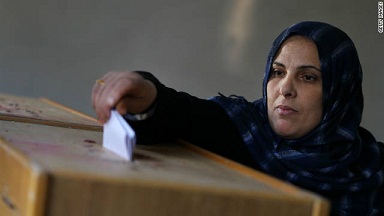
The revival of interest in political theology at the turn of the millennium began with Islam, then moved to Christianity. In the wake of September 11, 2001, it became clear that not all religion was fading away, nor was all religion confined to the private sphere. The evidence: radical Islam. But the obvious risk of Islamophobia that accompanied a focus on Islam as anomalously growing and anomalously public prompted some scholars to explore how Christianity itself was neither fading away nor thoroughly privatized. Instead of focusing on Islam as anomaly, political theology provided a framework for complicating the West’s story of itself, for probing the complex and continuing relations between religious and political ideas.
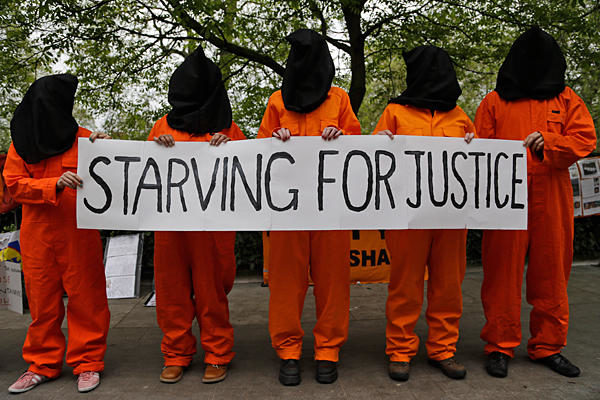
Currently there are about 100 prisoners in Guantanamo Bay Detention on hunger strike (89 of whom have been determined to be innocent of accusations but not released and some of whom have been on hunger strike for more than 106 days) and an estimated “2,493 inmates in 15 state prisons are participating in a mass hunger strike” (Democracy Now 7/17/13). At Gitmo, periodic hunger strikes have been going on for a number of years, prisoners are protesting unlawful imprisonment, cruel treatment and lack of transparency; many prisoners are being force fed.

In the coming weeks, the Political Theology blog will be hosting a symposium on Political Theology and Islamic Studies, bringing together reflections from a number of leading scholars at the intersection of these fields. The editors are very grateful to our Contributing Editor, M. Owais Khan, and to Abbas Barzeger, for their long labors in putting together and editing this symposium. This first post introduces the questions to be discussed and the contributors who will be participating.
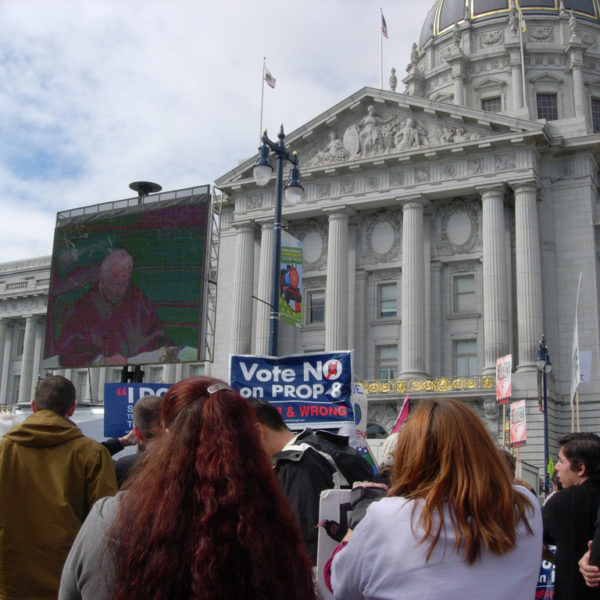
DOMA’s exclusion of same-sex marriages violated equal protection, the Court ruled, because the exclusion was based on a demeaning view of same-sex marriages—a view of such marriages as, in the words of the Court, “second-class”: morally inferior to opposite-sex marriages.The Supreme Court reached the correct decision in United States v. Windsor, in my judgment, but Justice Kennedy’s opinion for the Court was much less clear than it should have been about why DOMA’s exclusion of same-sex marriages was unconstitutional.
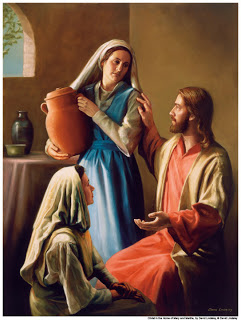
Last week I sat supping tea, on a glorious summer’s day, in a garden with one of my favourite people in the world. My friend raised one of those questions about women as bishops which is not usually part of the narrative (certainly among those of us who treat this matter as urgent): Why on earth do women want to be bishops anyway? Her question was not prompted by any anxiety about women’s ministry or place within the church. Rather her question was prompted by concern about how bishops are ‘seen’ in the C of E, that is, about how clergy and laity behave around bishops.
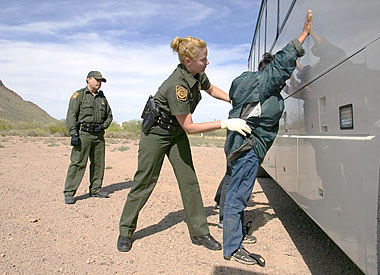
In the public debate surrounding the U.S. Senate’s bill proposing the reform of the immigration system, and now the House of Representatives’ efforts to craft its own bill, one is bound to encounter the argument that falls under the label of “enforcement first.” The argument goes that before the illegal immigrants who are already present in the U.S. gain any sort of legal status, we must first put in place measures that will ensure that in the future, further illegal immigrants do not enter the country in the hopes of an inevitable legalization process at some point in the future. This argument is flawed, and if it were put into practice would prove costly and harmful to immigrants without solving the illegal immigration problem.
For the family of the late Trayvon Martin, Saturday’s ruling – that George Zimmerman was found not guilty of any wrongdoing in his shooting of Trayvon – is a terrible tragedy, and a miscarrying of justice, compounding an already vast sea of grief.

